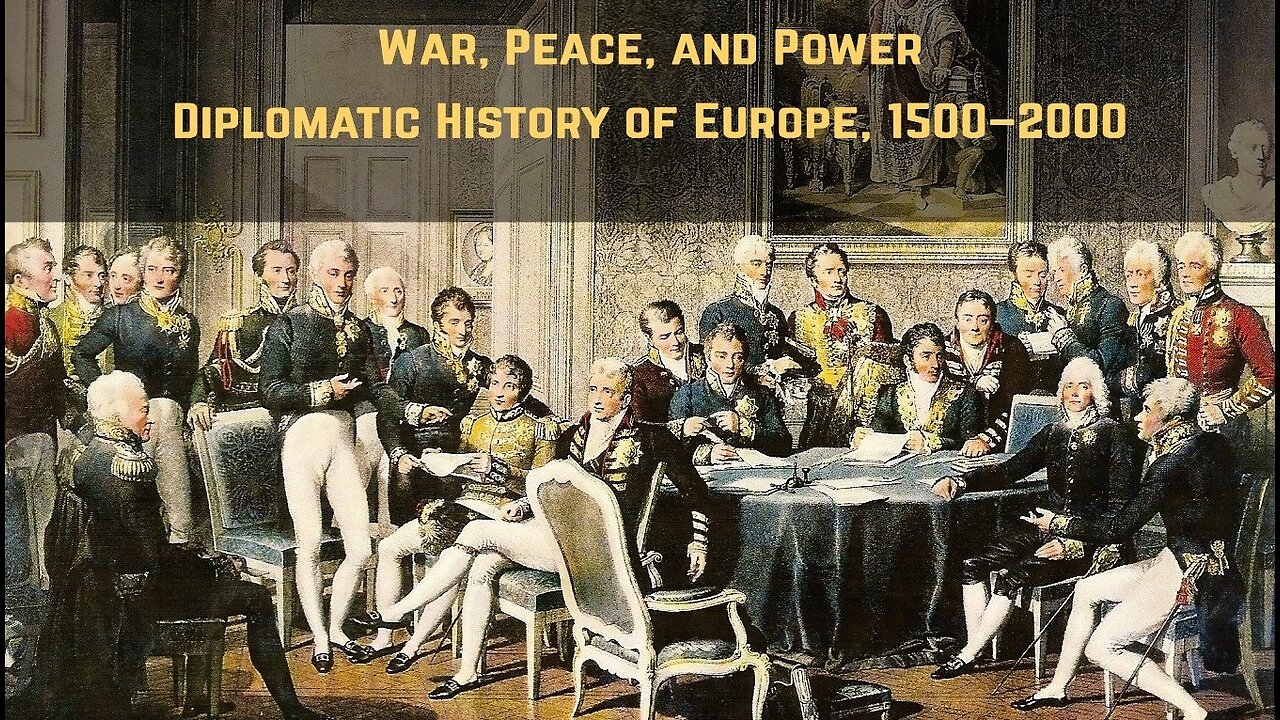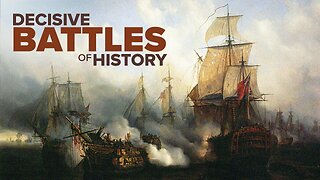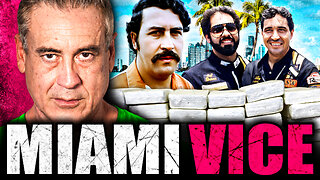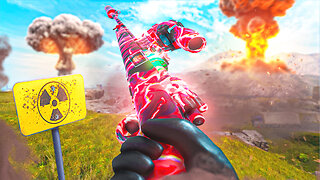Premium Only Content

Diplomatic History of Europe 1500 - 2000 | World War I - Total War (Lecture 26)
Lecture 26: World War I (1914–1918) is often called a “total war” because of the all-encompassing mobilization of mass armies, entire economies, domestic societies, and allies demanded by the stakes of the conflict. The changes produced by the experience of war, in which at least nine million soldiers died, were correspondingly deep on the level of international politics. Long-standing diplomatic patterns were overturned under the pressure of war, war aims changed and grew more radical as the conflict dragged on, four empires collapsed (the Austro-Hungarian, German, Ottoman, and Russian empires), and two new ideological actors began their ascent to superpower status: Woodrow Wilson’s United States and Lenin’s Soviet Russia.
Essential Reading:
Henry Kissinger, Diplomacy, pp. 218–227.
Supplementary Reading:
Aviel Roshwald, Ethnic Nationalism and the Fall of Empires: Central Europe, Russia, and the Middle East, 1914–1923.
Hew Strachan, The First World War.
-
 30:17
30:17
The Great Courses
2 months agoDecisive Battles of World History | 1942 Midway - Four Minutes Change Everything (Lecture 34)
205 -
 LIVE
LIVE
Rallied
10 hours ago $9.38 earnedSolo Challenges ALL DAY
15,021 watching -
 1:39:43
1:39:43
Brandon Gentile
2 days agoTOP Money Expert: Bitcoin Will Keep Setting All-Time Highs Beyond $10m
98 -
 2:02:28
2:02:28
Badlands Media
1 day agoDevolution Power Hour Ep. 385
46.1K23 -
 1:56:48
1:56:48
Tundra Tactical
3 hours ago $5.05 earnedFull Semi-Auto Comedy Hour
20.4K2 -
 2:07:31
2:07:31
The Connect: With Johnny Mitchell
12 hours ago $1.99 earnedSecrets Of The Cocaine Cowboys: Miami Drug Lord Reveals Truth About His BILLION-DOLLAR Coke Empire
16.7K1 -
 1:55:52
1:55:52
BlackDiamondGunsandGear
1 day agoGlocks Want Gun Control? // Trump Tramples on your Rights? // After Hours Armory
19.6K2 -
 1:55:52
1:55:52
DLDAfterDark
8 hours ago $0.91 earnedDLD Live! Trump - Flag Burning - Glock & Gun Control - Martial Law Light?? - After Hours Armory
12.7K -
 13:46:18
13:46:18
GritsGG
14 hours agoRumble Customs! 3515 Ws! 🫡!
84.8K -
 5:59:47
5:59:47
SpartakusLIVE
9 hours agoThe HUGEST Brain (not forehead) delivers Saturday SPARTOONS || Variety Later - Shadow of Mordor
186K4